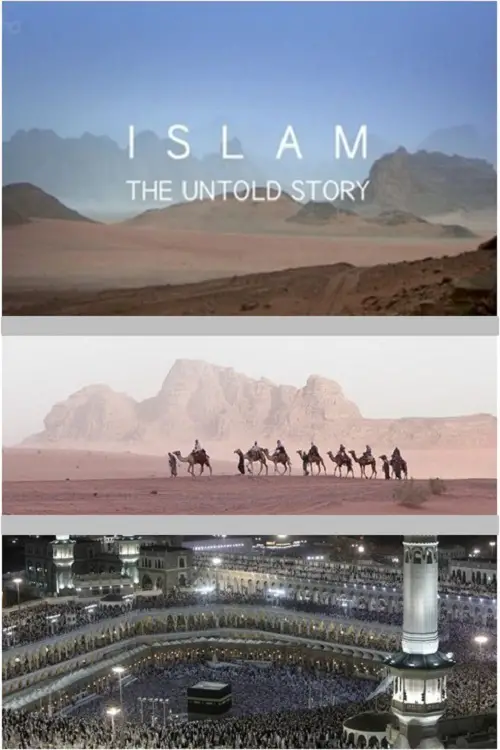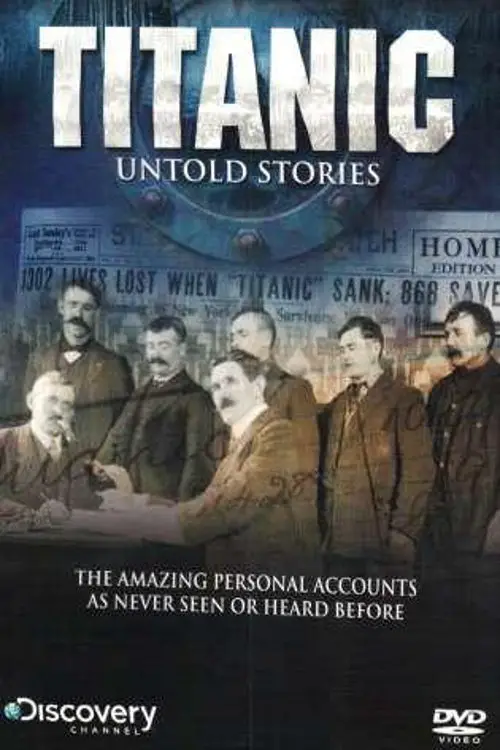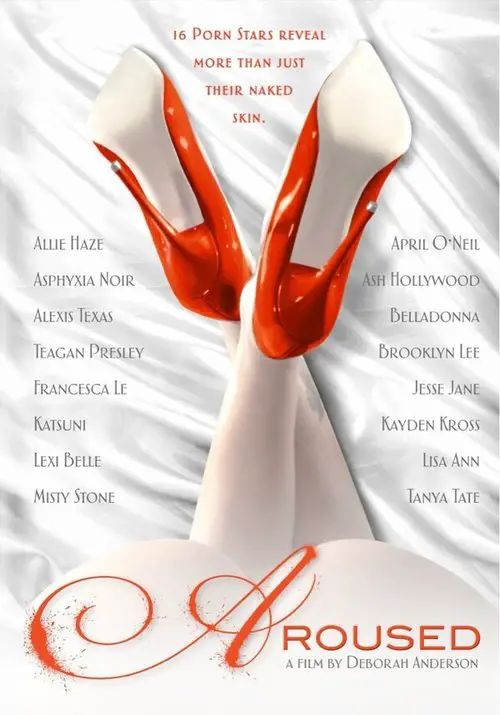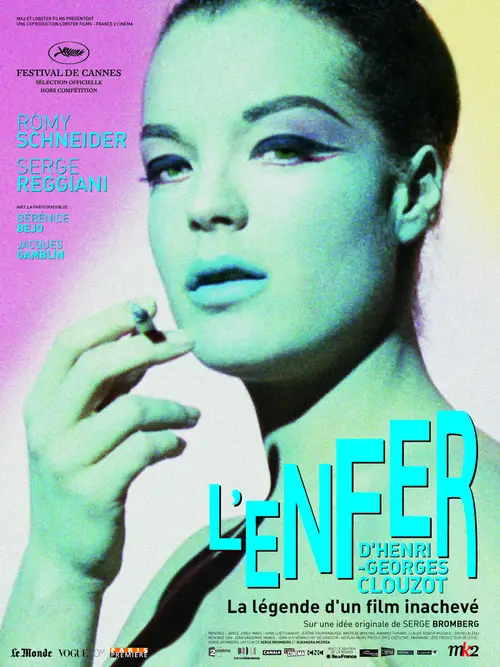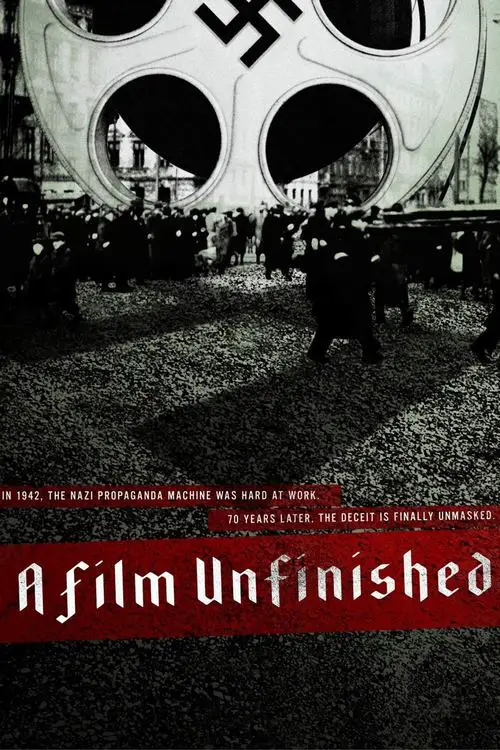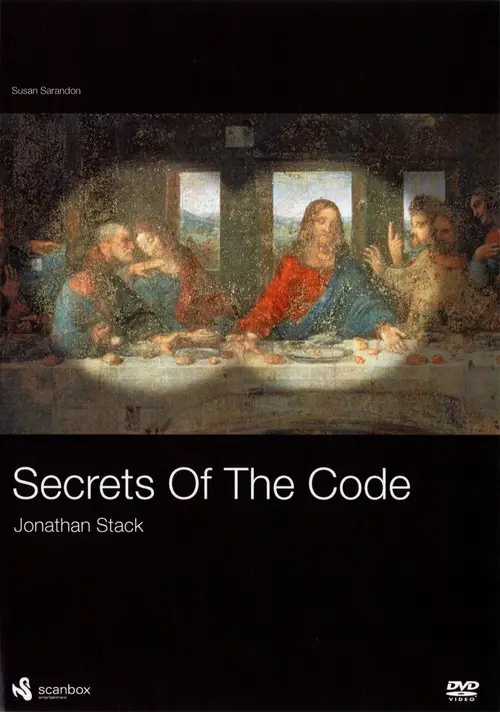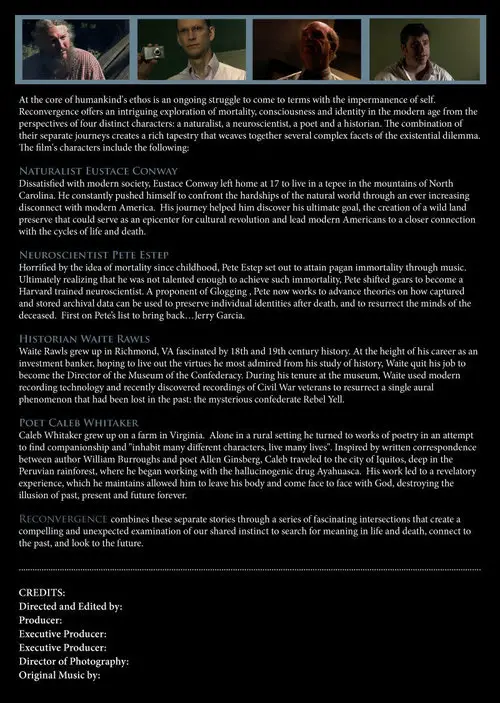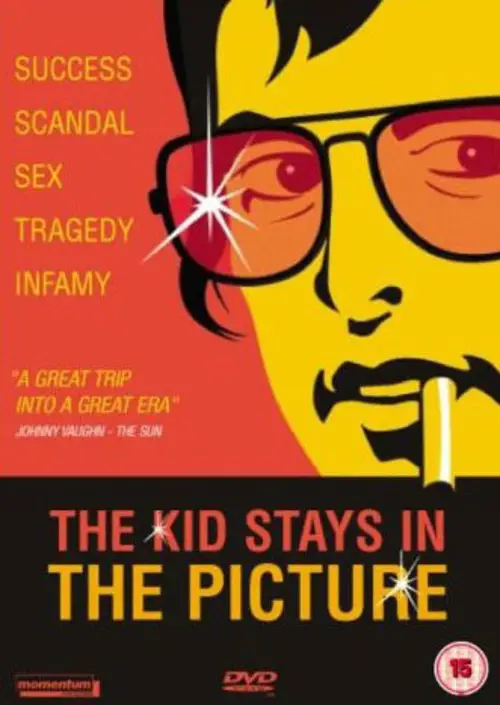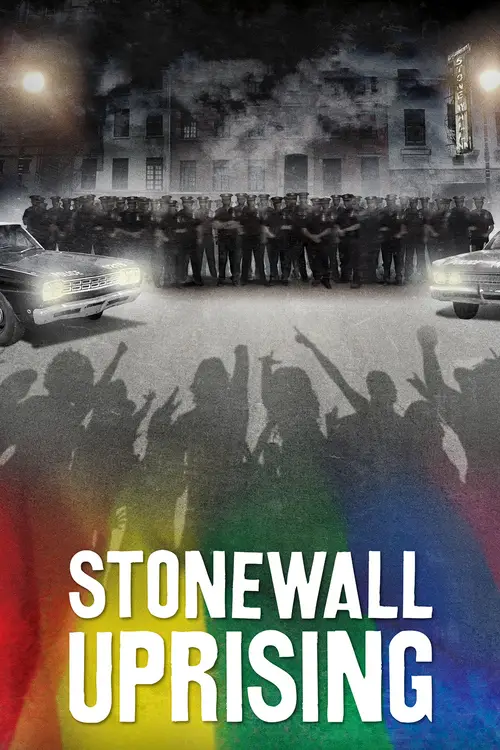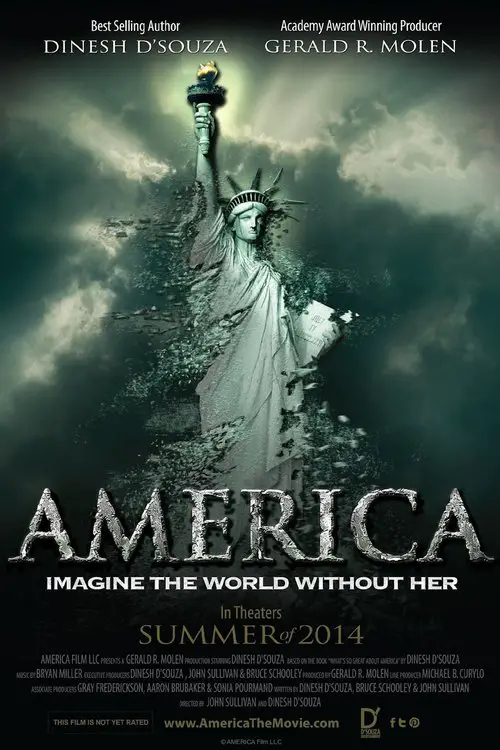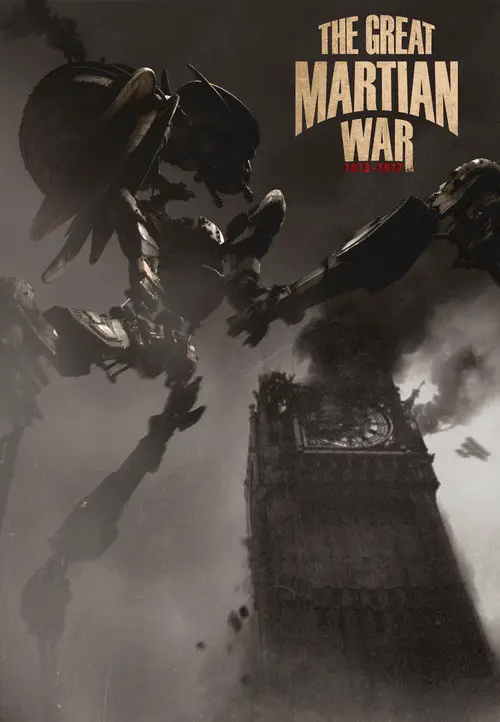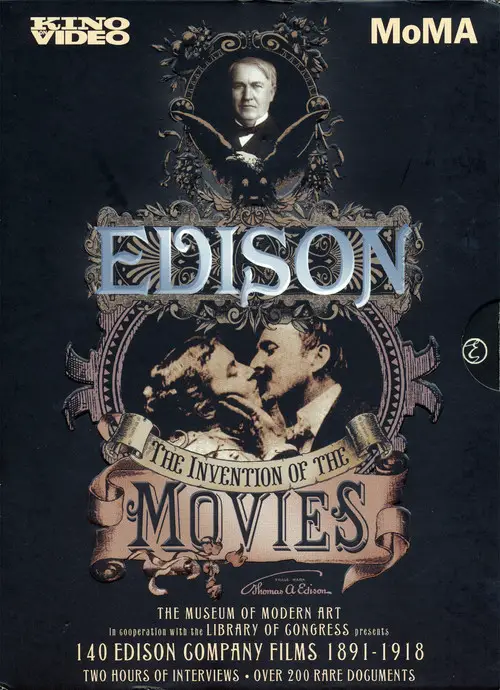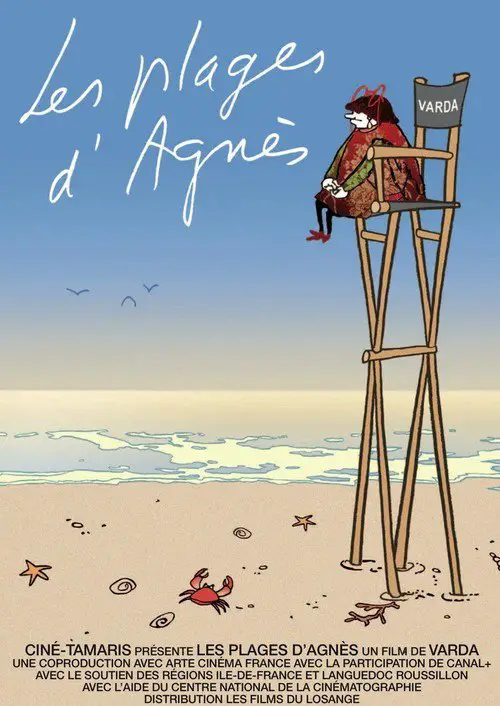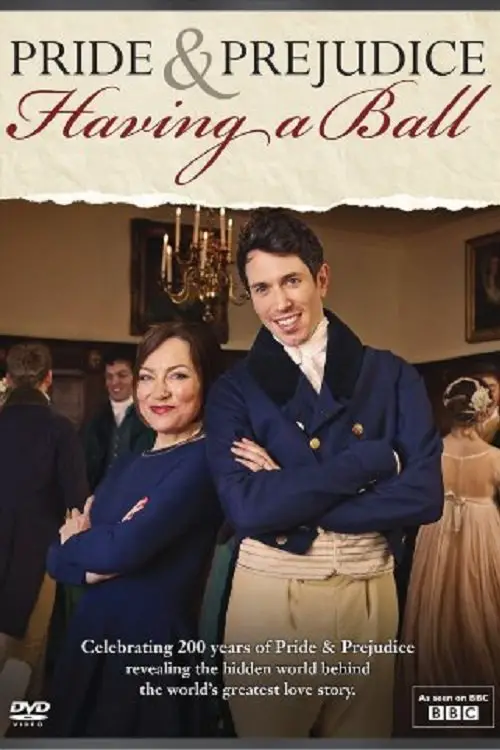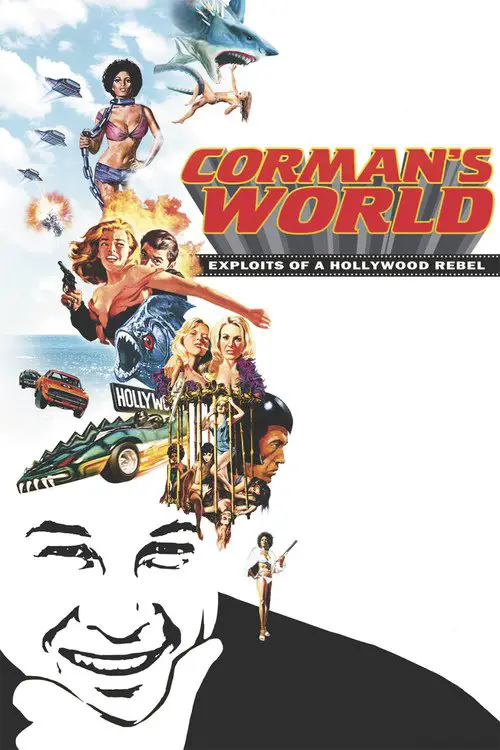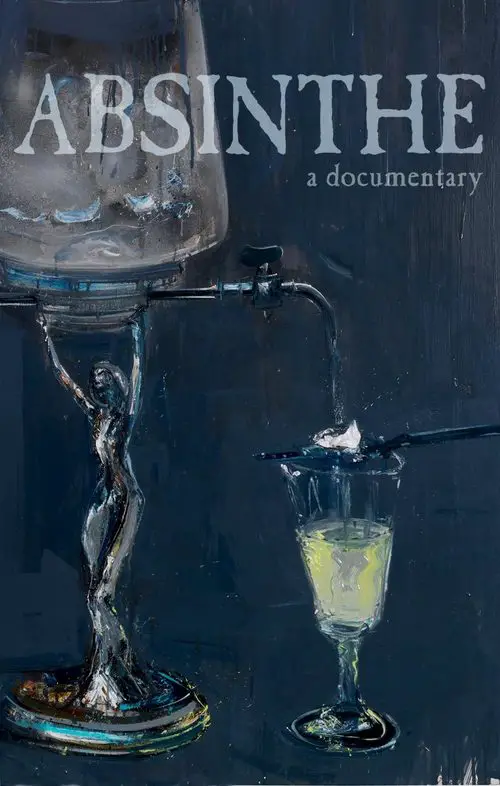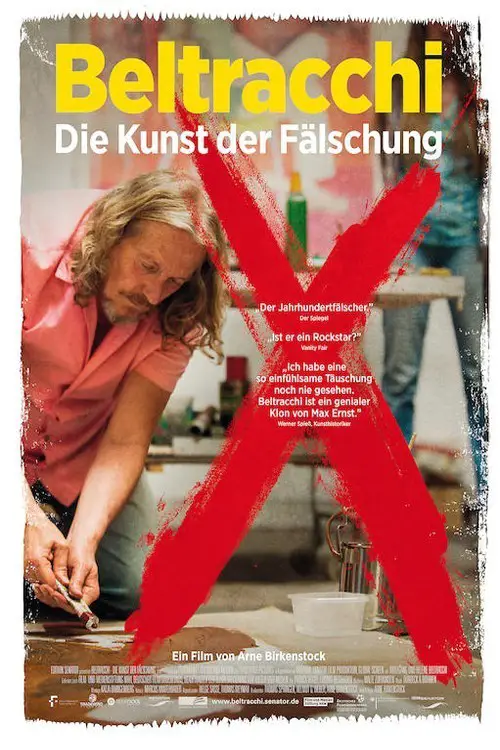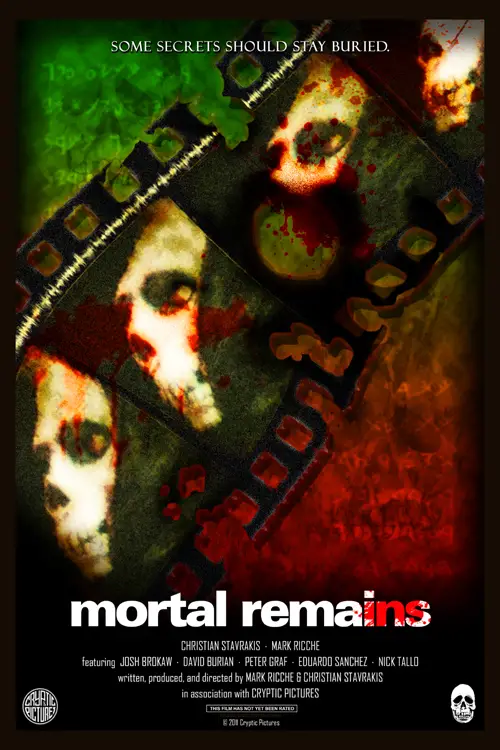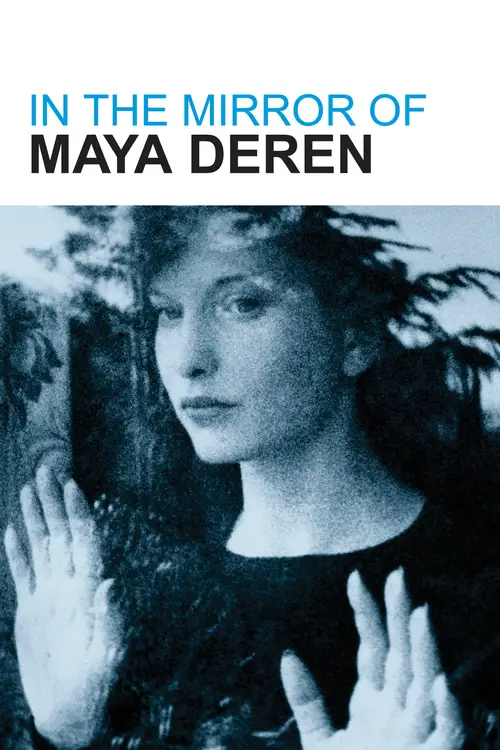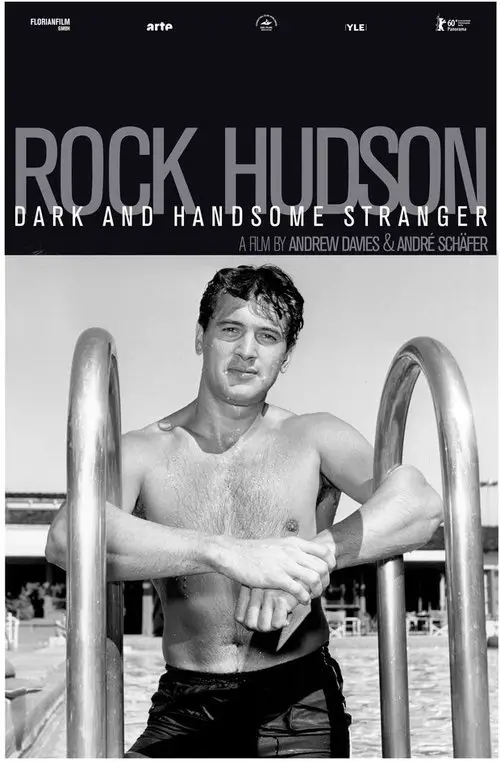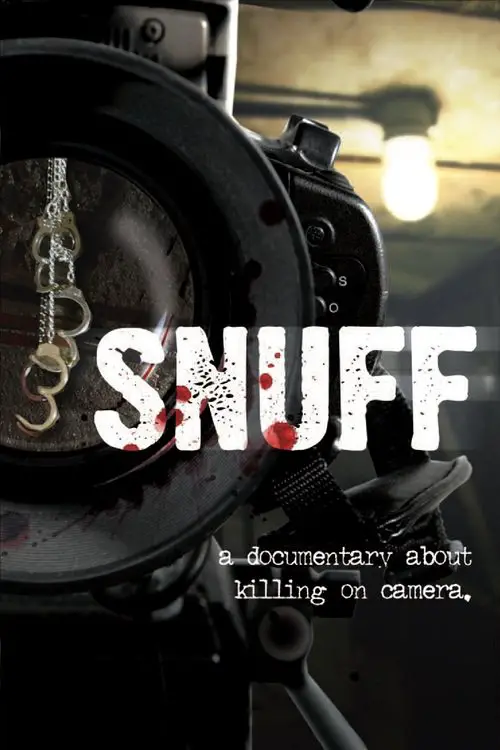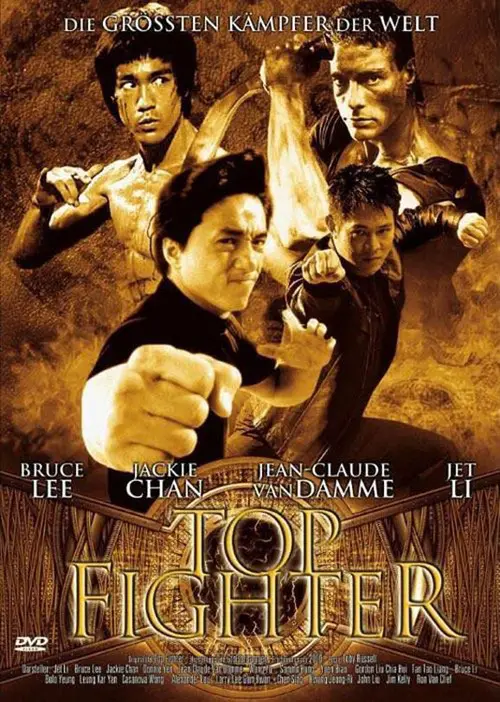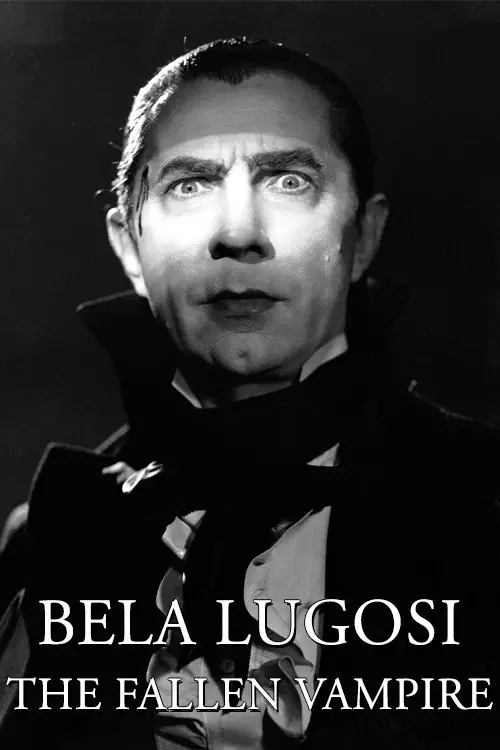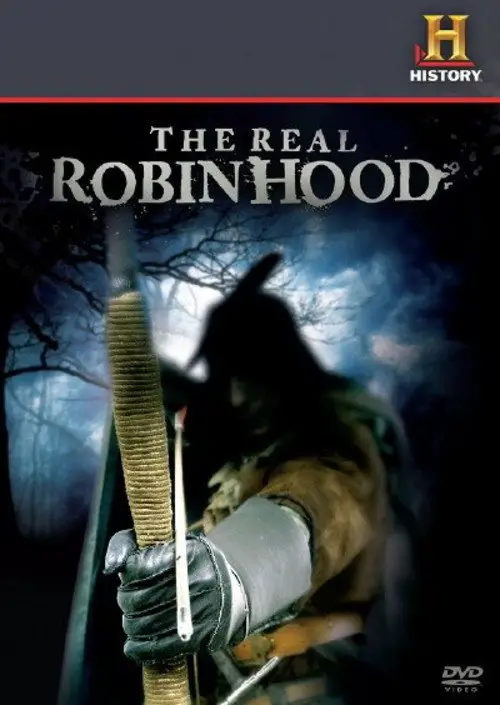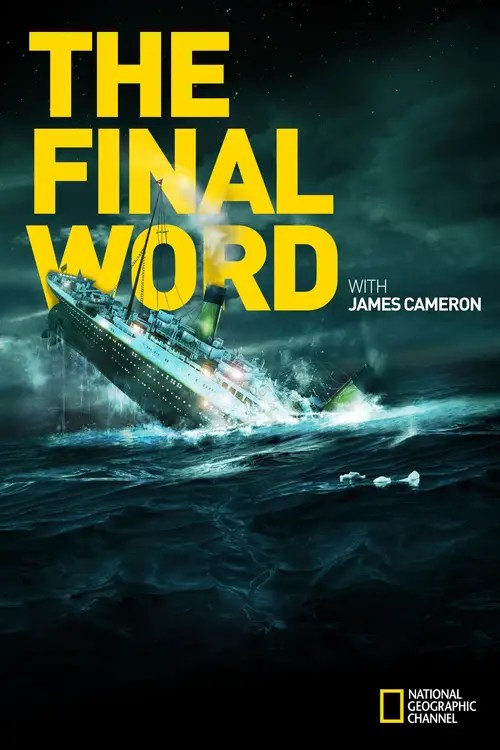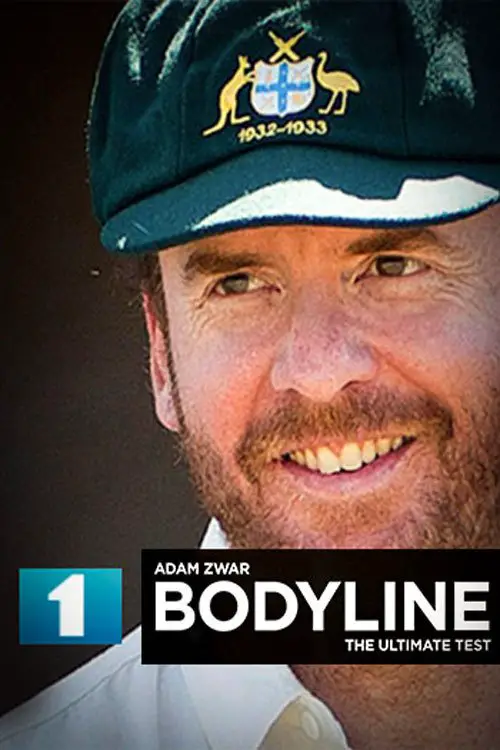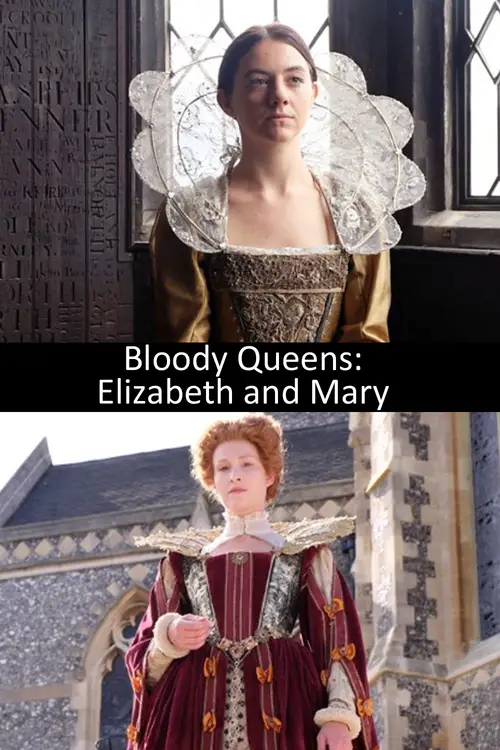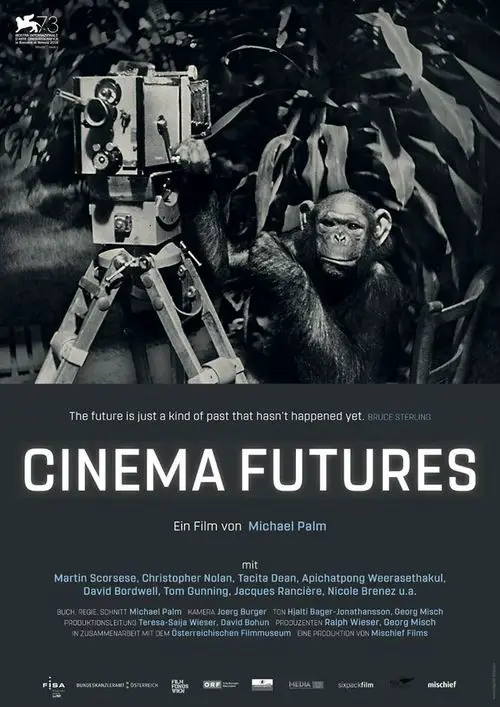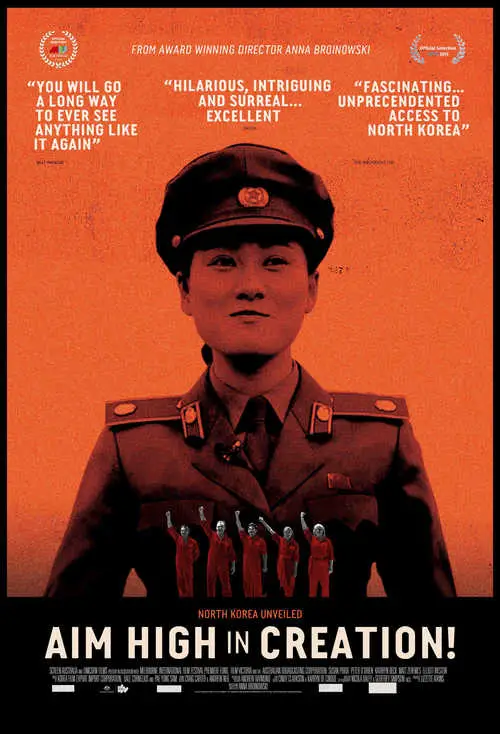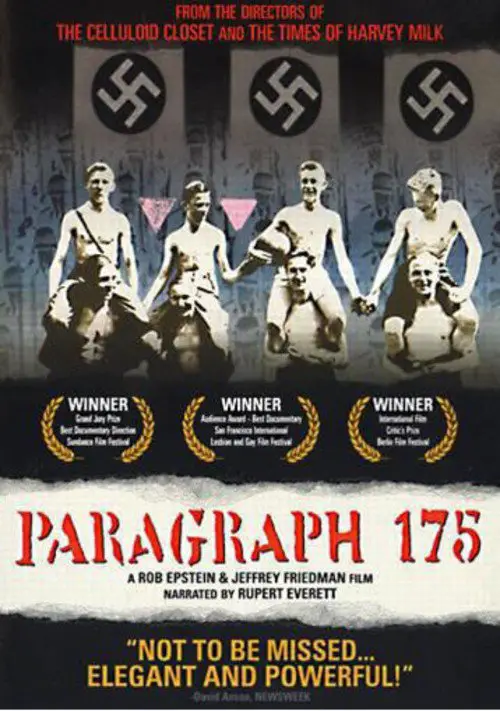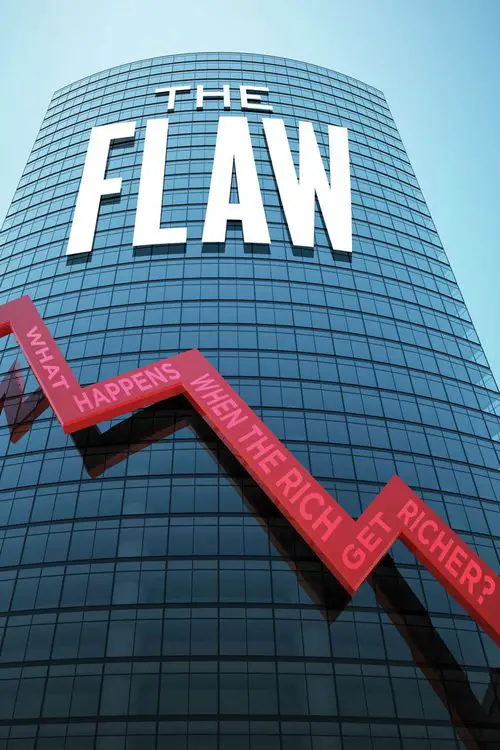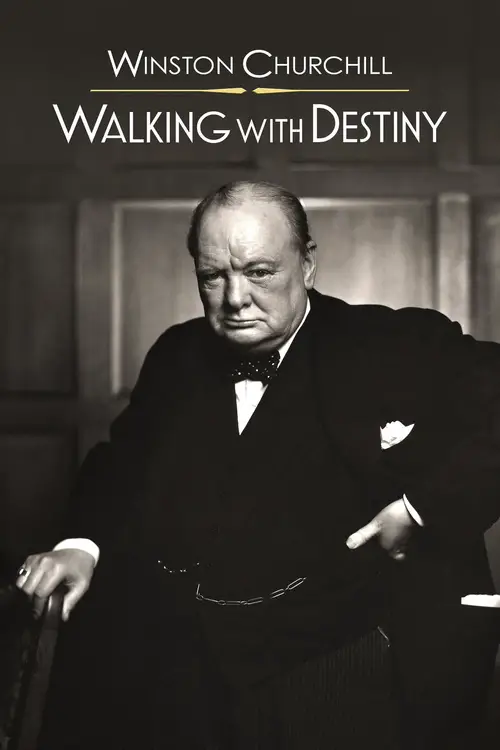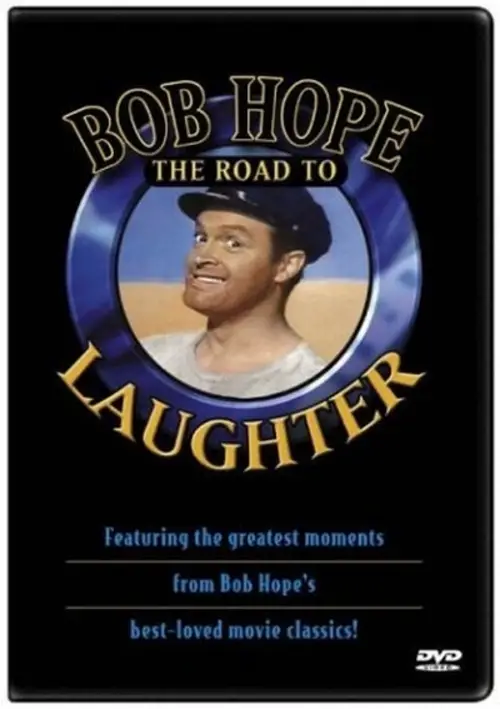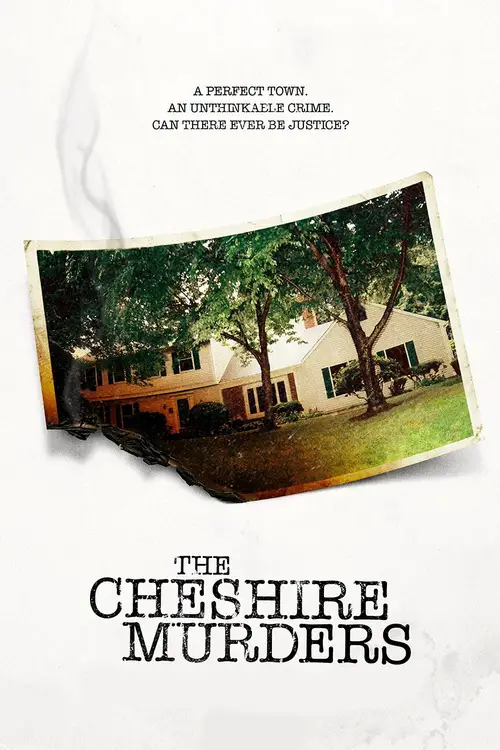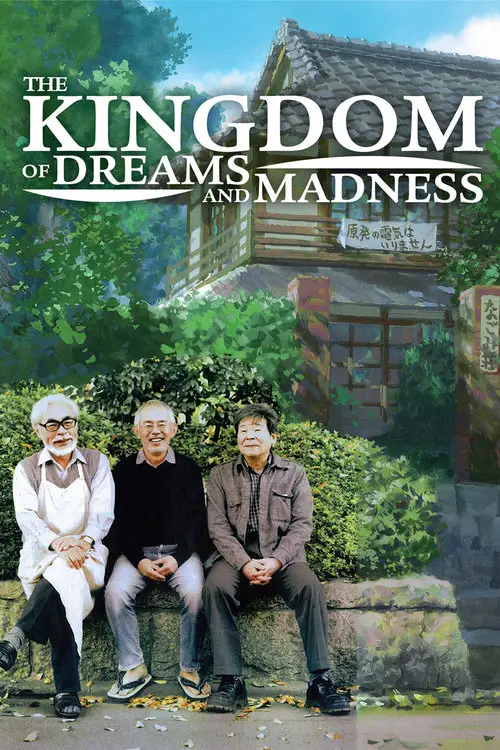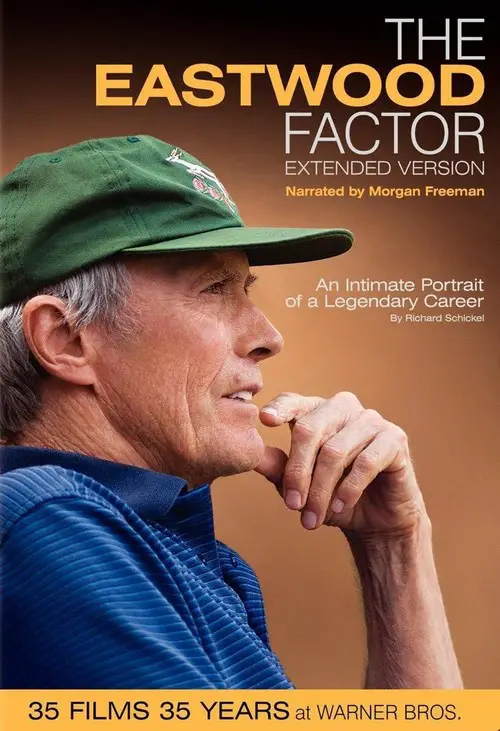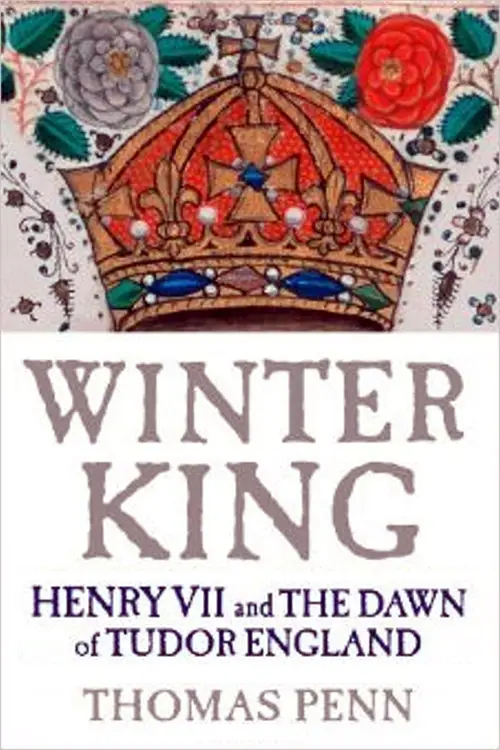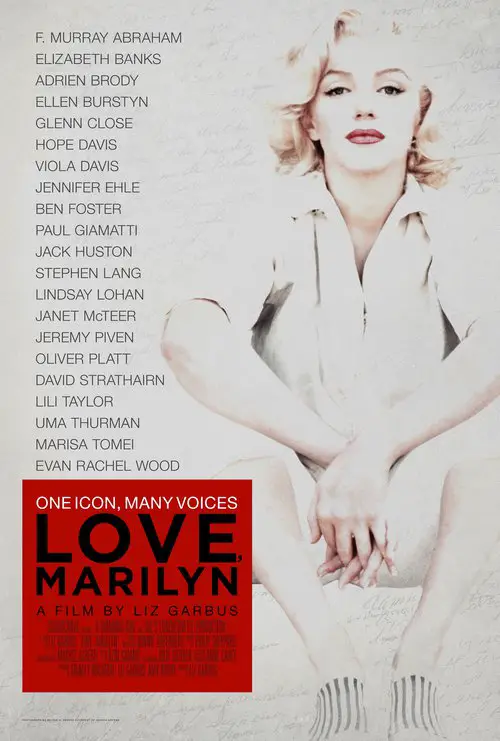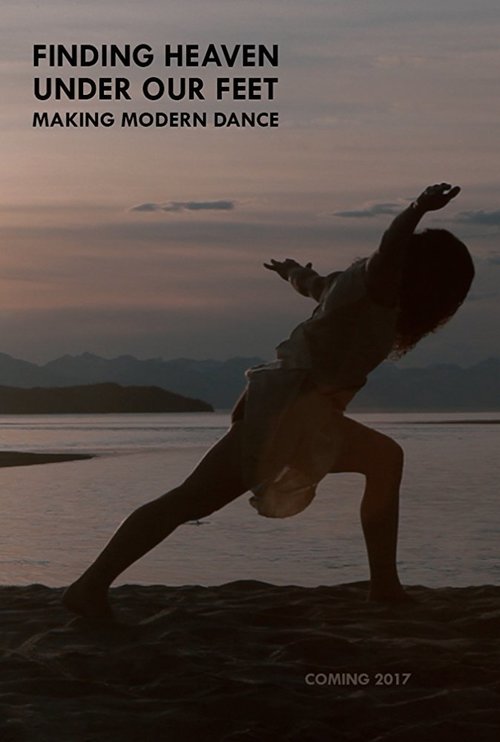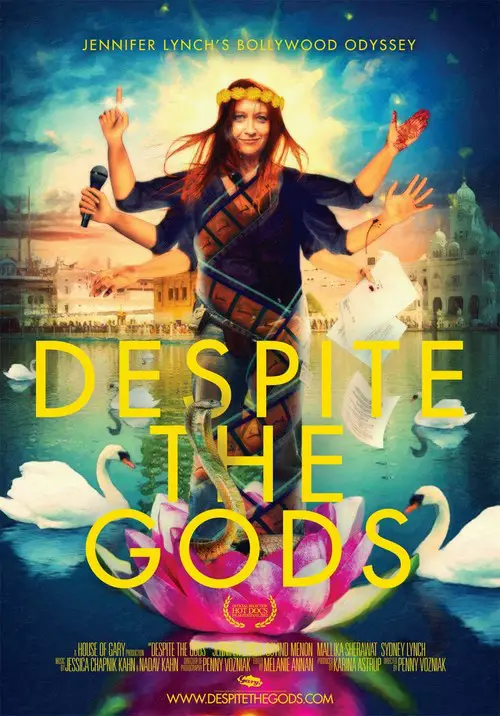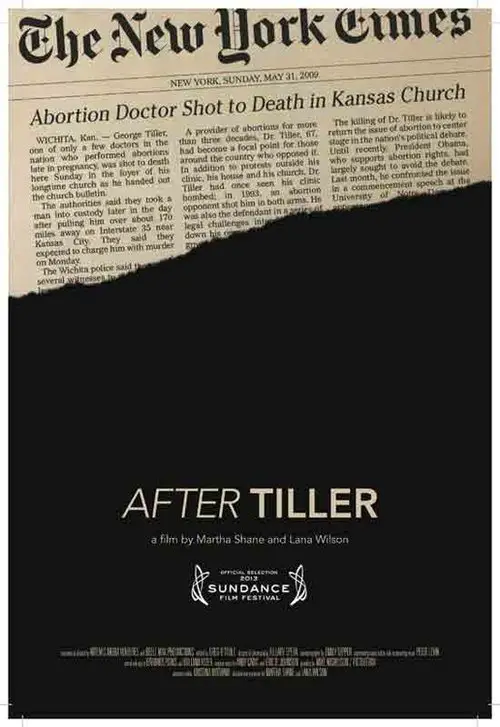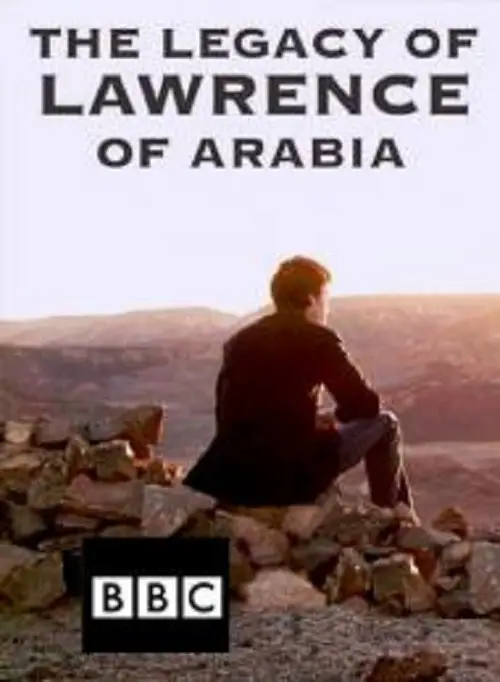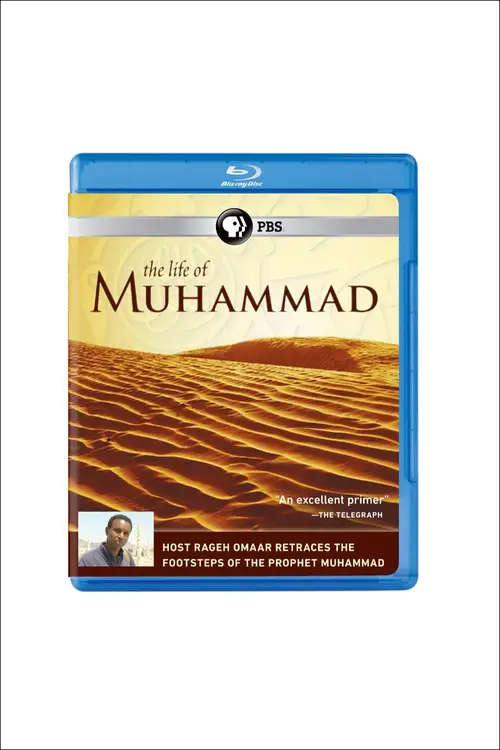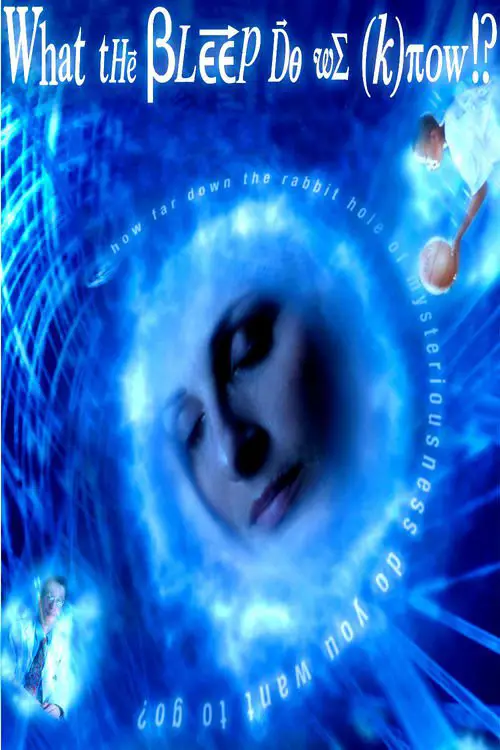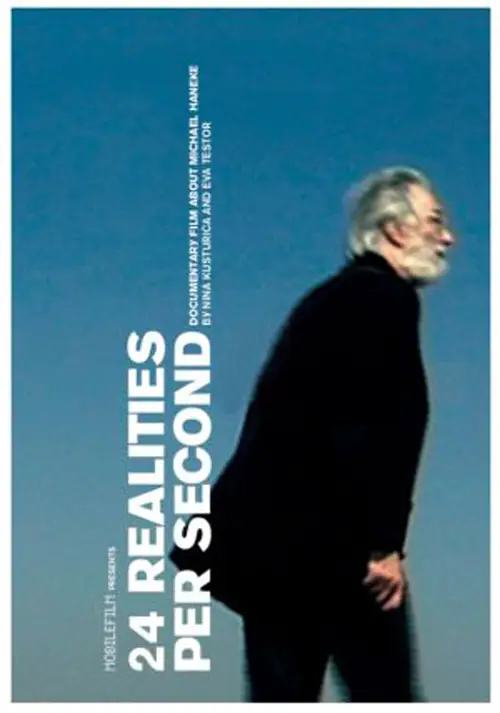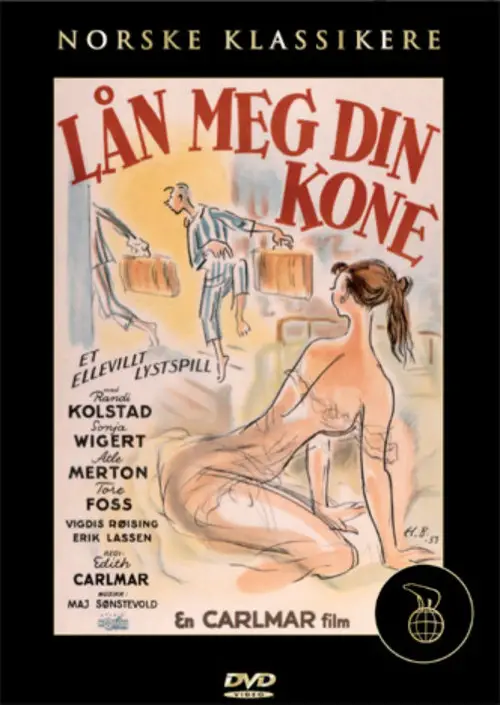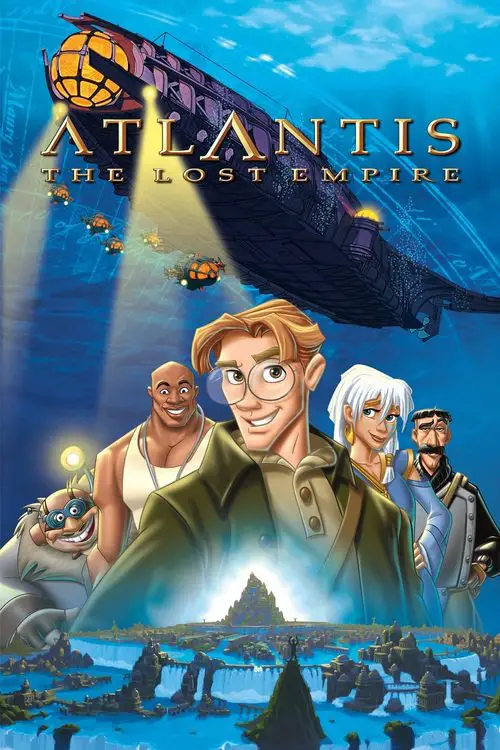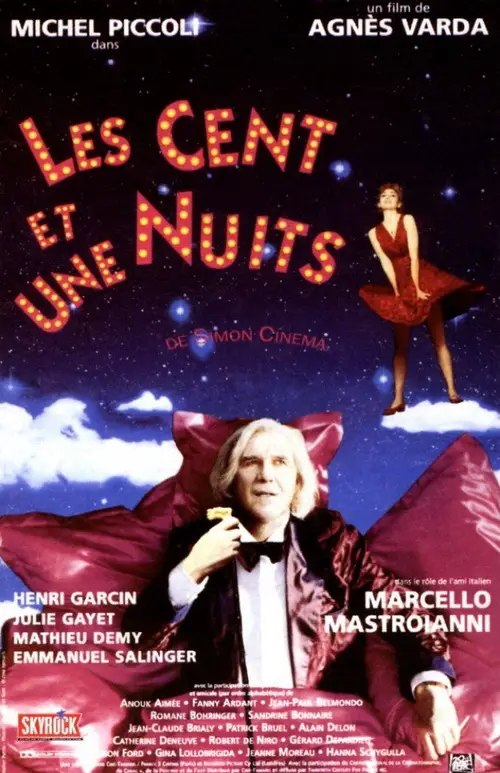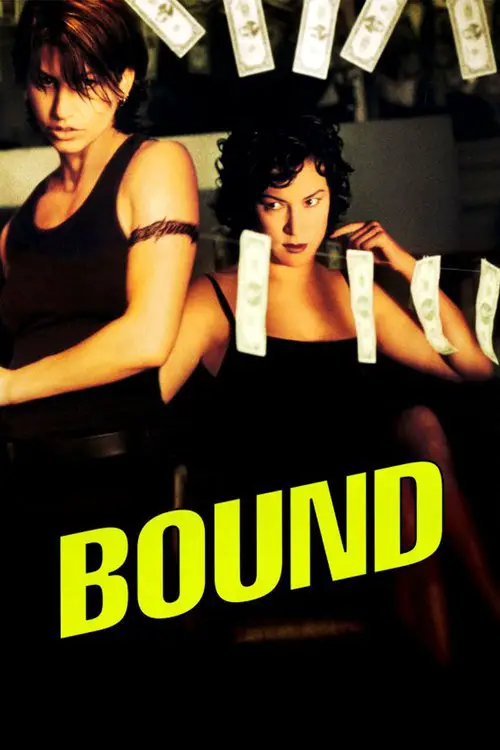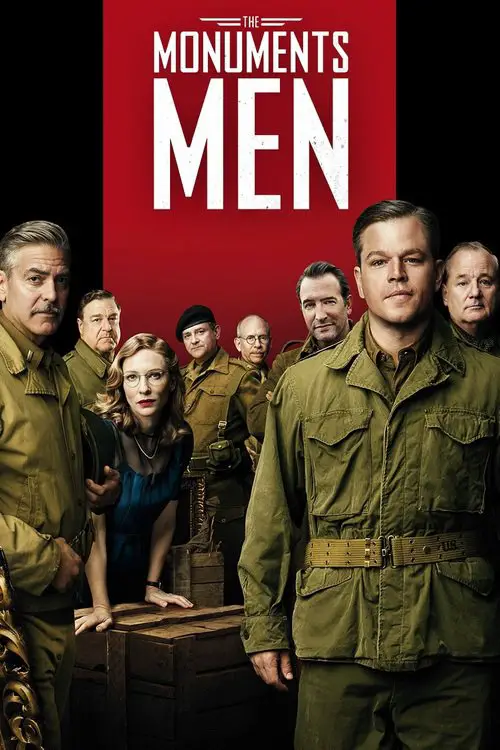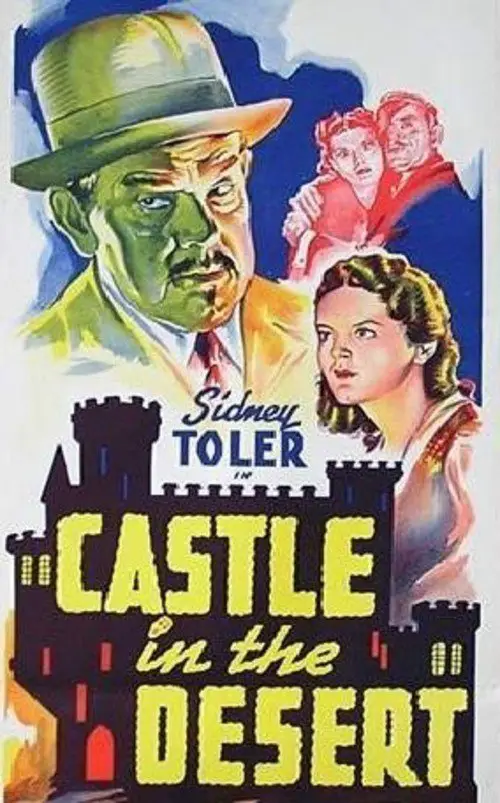Howard Zinn: You Can't Be Neutral on a Moving Train (2004)

Similar movies
The gripping personal accounts of the people and the tragedy. In never-before-seen footage, we journey with historian Charles Haas, as he descends into the depths of the North Atlantic and guides us on a tour of the RMS Titanic. While recounting tales of triumph and struggle, we see among the many sites the doors where all passengers would have entered, peer through the porthole of a first class cabin, see the davits where the too few lifeboats hung and pause by the mail room where the postal workers heroically died. This unique footage coupled with letters, old stills, artifacts and new recreations tells the amazing human stories of this famous ship as never before.
Get up close and personal with 16 of the most successful women in the adult film industry as they shed their clothes for an intimate photo shoot with director Deborah Anderson. As questions are asked, personal stories about their lives are revealed, from why they chose the business of sex to how they got into it in the first place. These porn stars have always been discreet about their private lives in the past, yet Anderson has a way of opening up a dialog allowing them to share more than just their naked skin on screen. Their true inner vulnerability is touching, yet the characters they have created are confident and intoxicating. Once you hear their stories, you'll never look at them in the same way again.
This documentary about Henri-Georges Clouzotâs unfinished 1964 psycho-thriller LâEnfer is as tantalizing as it is frustrating. Despite remaining one of the most masterful of French directors, Cluozot inexplicably seems to have lost control on the big-budget production of LâEnfer. The long-lost raw footage is intriguing and dazzling, infused with swirling lights and blue-lipped, cigarette-puffing fantasy temptresses. Although directors Serge Bromberg and Ruxandra Mederea have managed to speak to numerous members of the original crew, this behind-the-scenes investigation has so little to say about the reasons behind Clouzotâs failure to complete the film. In spite of this, the undiminished power of Clouzotâs extraordinary images makes the documentary a fascinating watch.
Yael Hersonski's powerful documentary achieves a remarkable feat through its penetrating look at another film-the now-infamous Nazi-produced film about the Warsaw Ghetto. Discovered after the war, the unfinished work, with no soundtrack, quickly became a resource for historians seeking an authentic record, despite its elaborate propagandistic construction. The later discovery of a long-missing reel complicated earlier readings, showing the manipulations of camera crews in these "everyday" scenes. Well-heeled Jews attending elegant dinners and theatricals (while callously stepping over the dead bodies of compatriots) now appeared as unwilling, but complicit, actors, alternately fearful and in denial of their looming fate.
Stonewall Uprising is a 2010 American documentary film examining the events surrounding the Stonewall riots that began during the early hours of June 28, 1969. Stonewall Uprising made its theatrical debut on June 16, 2010 at the Film Forum in New York City.The movie features interviews with eyewitnesses to the incident, including NYPD deputy inspector Seymour Pine.
The film was produced and directed by documentarians Kate Davis and David Heilbroner, and is based on the book by historian David Carter, Stonewall: The Riots That Sparked the Gay Revolution. The title theme is by Gary Lionelli.
Political commentator, author and filmmaker Dinesh D'Souza puts forth the notion that America's history is being replaced by another version in which plunder and exploitation are the defining characteristics. D'Souza also posits that the way the country understands the past will determine the future. Using historic re-enactments, D'Souza explores the lives and sacrifices of some of America's greatest heroes, including George Washington and Frederick Douglass.
Documentary-drama recounting the Martian War of 1913 - 1917. Europe was on tenterhooks in the 2nd decade of the 20th century, everyone was expecting a Great War between the major European powers. But then, in 1913, something crashed into the forests of SW Germany. Troops were sent to investigate but were wiped out. Martian fighting machines began making their way across Western Europe and the countries of Europe combined forces to resist them. With aspects taken from "The War of the Worlds" by H.G. Wells and from WWI itself, this dramatisation presents a documentary style look at events as they unfolded and the effect they had of our world today. Lots of references to real events including the mass attacks and defeats as men were thrown against machines on the Western front, the Christmas truce and the Angel of Mons, America's isolationism and late entry into the conflict, the worldwide "Spanish" flu epidemic that killed more people than the war, and many other things.
A history of the Edison Company, the pioneering film production company begun by Thomas A. Edison. Included are more than 140 complete films produced by the company between 1891 and 1918, along with interviews with film historians and archivists, and commentary by Charles Musser, a noted film historian and authority on the films of the Edison Company.
Filmmaking icon Agnès Varda, the award-winning director regarded by many as the grandmother of the French new wave, turns the camera on herself with this unique autobiographical documentary. Composed of film excerpts and elaborate dramatic re-creations, Varda's self-portrait recounts the highs and lows of her professional career, the many friendships that affected her life and her longtime marriage to cinematic giant Jacques Demy.
In Pride And Prejudice: Having A Ball, social historian Amanda Vickery leads the action as a team of experts recreate a Regency ball in honour of the 200th anniversary of Jane Austenâs popular novel. Joined by Alastair Sooke and a coterie of professionals â a food historian, a costume expert, music history academics and a choreographer who trains a team of dance students to take to the floorâ cameras will follow the recreation inspired by Austenâs Netherfield ball. This intimate country house ball drives the plot of the Pride And Prejudice, and is a key turning point in the romance between Elizabeth Bennett and Mr Darcy.
Absinthe: was it ambrosia or poison, artistic muse or ticket to madness and death? There is a tremendous fascination with absinthe, yet few truly know its rich history. The documentary ABSINTHE definitively brings the Green Fairy out of her clouded past where, for one hundred years, her fabled effects and demonized reputation have excited equal doses of admiration and loathing. The film traces absintheâs arc: from its birth in Switzerland in 1787, through its rise in the chic cafés of Belle Ãpoque Paris, to its prohibition, and its recent worldwide revival. Absintheâs story is put in high relief through interviews with leading historians, authors, distillers, antiques collectors, and fanatics. The cult beverage of bohemian artists is back in fashion; the documentary ABSINTHE clarifies the legend.
A docu-thriller that sets out to uncover the details surrounding the life, brief career, and mysterious death of horror filmmaker Karl Atticus, referred to by some as the forgotten father of the "slasher movie." The film includes interviews with various horror historians and aficionados including Eduardo Sanchez (director of The Blair Witch Project), who posits the question: Why, for 40 years, has the story of Karl Atticus been all but eradicated from the annals of cinema history?
Twenty five years after the death of Rock Hudson, friends, acquaintances, colleagues, biographers and movie historians discuss his career, his personal life and his death, all especially in relation to his closeted homosexuality. Born Roy Fitzgerald, Hudson treated who was known as "Rock Hudson" as being a studio creation that was somewhat outside himself. However, he sometimes was still "Rock Hudson: movie star" to those who knew him. Publicly, he had to maintain the façade of that creation, the public who saw in him a handsome, rugged, masculine yet likable and safe leading man and movie star.
This documentary examines the existence of films in which people are murdered on camera and the culture surrounding them. Through interviews with former FBI Profilers, Cultural Academics, and Film Historians the documentary delves into the disturbing history and myth of Snuff Films. The FBI claims there is no evidence to prove the existence of Snuff and, therefore, Snuff Films are a myth. This documentary analyzes the relationships between war, cult films, serial killers and pornography to prove whether or not this pervasive myth is, in fact, reality.
Welcome to the world of the martial arts. A voyage for the times of the martial arts cinema, from the beginning in China in the 6th Century A.C. by a Buddhist monk, Bodhidharma, until the actual time and the influence in the world, with interviews to actors and historians, and a review to the most important movies of all times and to the most famous action movies actors. A magnificent jewel of this genre what nobody wouldn't lose.
Released to coincide with the 30th anniversary of this classic album, learn how Pink Floyd assembled "Dark Side of the Moon" with the aid of original engineer Alan Parsons. All four band members--Roger Waters, David Gilmour, Nick Mason, and Richard Wright--are interviewed at length, giving valuable insights into the recording process. The themes of the album are discussed at length, and the band take you back to the original multi track tapes to illustrate how they pieced together the songs. With individual performances of certain tracks from Roger, David, and Richard included, this is an essential purchase for any Pink Floyd fans, and a fascinating artefact for rock historians everywhere.
On Valentines Day, 1931, Universal Pictures released the film Dracula - the first true horror movie. Its worldwide success catapulted the film's lead actor, Romanian-born Bela Lugosi, to overnight stardom. "Bela Lugosi: The Fallen Vampire" traces the life and career of this mysterious man whose name became synonymous with the evil, yet magnetically compelling Count Dracula. Using archival still and film clips as well as interviews with film historians, actors and Lugosi himself, the special chronicles the meteoric rise and then precipitous decline of a talented yet tragic man who forever changed the face of horror films.
Was there really a Robin Hood? Did he steal from the rich and give to the poor? This History Channel program revisits the popular legend of the valiant folk hero, revealing Robin's true origins as a composite of multiple figures from the distant past, reviewing their amazing exploits, and seeking insights from historians as well as cast members of the 2010 adventure film "Robin Hood" and its director, Ridley Scott.
This is the story of one of the most well known but perhaps least understood moments of conflict and controversy in the history of sport: the infamous Bodyline test cricket series of 1932 and 1933. Self-confessed cricket tragic and comedian Adam Zwar will try to discover what happened at the crease and chart the wider social and cultural implications of the controversy by enlisting historians, sports scientists, and cricket stars to simulate the actual events. Is there more to the legend of Bodyline than we think? Adam is going back in time to live out a childhood fantasy or two. He is going to use machines, fancy cameras, and the latest in computer graphics. Modern day players will help him prepare. Adam will witness the real damage a high speed cricket ball can do. In the end, Adam will be on his own - with no helmet, no modern padding, and just a bat for protection. How will he handle this ultimate test?
A dramatisation based on the exchange of letters between Mary Queen of Scots and her cousin Elizabeth I, detailing the hatred and obsession in their bitter rivalry. Expert historians examine and interpret the royals' motives for the animosity that lasted more than two decades, and which threatened to tear apart the reigning monarch and her kingdom
The âdigital revolutionâ reached the cinema late and was chiefly styled as a technological advancement. Today, in an era where analog celluloid strips are disappearing, and given the diversity of digital moving picture formats, there is much more at stake: Are the worldâs film archives on the brink of a dark age? Are we facing the massive loss of collective audiovisual memory? Is film dying, or just changing? CINEMA FUTURES travels to international locations and, together with renowned filmmakers, museum curators, historians and engineers, dramatizes the future of film and the cinema in the age of digital moving pictures.
A revolutionary film about the cinematic genius of North Korea's late Dear Leader Kim Jung-IL, with a groundbreaking experiment at its heart - a propaganda film, made according to the rules of his 1987 manifesto. Through the shared love of cinema, AIM HIGH IN CREATION! forges an astonishing new bond between the hidden filmmakers of North Korea and their Free World collaborators. Revealing an unexpected truth about the most isolated nation on earth: filmmakers, no matter where they live, are family.
The story of the credit bubble that caused the financial crash. Through interviews with some of the world's leading economists, including housing expert Robert Shiller, Nobel laureate Joseph Stiglitz, and economic historian Louis Hyman, as well as Wall Street insiders and victims of the crash including Ed Andrews - a former economics correspondent for The New York Times who found himself facing foreclosure - and Andrew Luan, once a bond trader at Deutsche Bank now running his own Wall Street tour guide business, the film presents an original and compelling account of the toxic combination of forces that nearly destroyed the world economy.
Five Jewish Hungarians, now U.S. citizens, tell their stories: before March, 1944, when Nazis began to exterminate Hungarian Jews, months in concentration camps, and visiting childhood homes more than 50 years later. An historian, a Sonderkommando, a doctor who experimented on Auschwitz prisoners, and US soldiers who were part of the liberation in April, 1945.
Walking With Destiny highlights Churchill's years in the political wilderness, his early opposition to Adolf Hitler and Nazism, and his support for Jews under threat by the Nazi regime. As historian John Lukacs explains, Churchill may not have won the War in 1940, but without him, the War most certainly would have been lost. Sir Martin Gilbert, historical consultant for the film and Churchill's official biographer, adds that had Churchill's warnings about Nazi Germany's racial policies towards Jews been heeded in the early 1930's, the Holocaust may never have occurred. The film examines why Winston Churchill's legacy continues to be relevant in the 21st Century and explores why his leadership remains inspirational to current day political leaders and diplomats.
The documentary Bob Hope: The Road to Laughter contains numerous clips from the film and television work of the beloved entertainer. These snippets are intercut with interview footage featuring people who worked with Hope as well as film historian Leonard Maltin who provides a context for Hope's career. ~ Perry Seibert, Rovi
In the early-morning hours of July 23, 2007, in Cheshire, Conn., ex-convicts Steven Hayes and Joshua Komisarjevsky broke into the family home of Dr. William Petit, his wife, Jennifer Hawke-Petit, and their daughters, Michaela, 11, and Hayley, 17. Dr. Petit was beaten and tied to a pole in the basement. The three women were bound in their bedrooms while the men ransacked the house. The brutal ordeal continued throughout the morning, ending with rape, arson and a horrific triple homicide.
British historian and author Niall Ferguson explains how big money works today as well as the causes of and solutions to economic catastrophes in this extended version The Ascent of Money documentary. Through interviews with top experts, such as former Federal Reserve Chairman Paul Volcker and American currency speculator George Soros, the intricate world of finance, including global commerce, banking and lending, is examined thoroughly.
For 35 years Clint Eastwood has called Warner Bros. home. In The Eastwood Factor (Extended Version), film historian Richard Schickel ventures beyond Eastwoodâs tough, iconic screen personas to reveal the easygoing and thoughtful man behind the magic. Morgan Freeman narrates this insightful profile that features memorable film clips and visits to movie locations, the Warner Bros. lot and Eastwoodâs hometown Carmel where, with humor, candor and intelligence, Eastwood illuminates the craft behind his legendary work on both sides of the camera to create a rare experience that is pure, unadulterated Clint.
Historian Thomas Penn reveals the secrets of founder of Britainâs great Tudor Dynasty - and his amazing trajectory to power. Two weeks after landing on the shores Wales in 1485 with a small band of mercenaries, Henry of Richmond defeats the notorious Richard III at the Battle of Bosworth. He is crowned Henry VII and then begins a career of realpolitik, a charming exterior making a savage ambition. The War of the Roses, his wife Elizabeth of York, and the beginning of the Renaissance are all part of this incredible history, as are Henryâs obsessions with money and astonishing spy network.
Where do art, politics and subversive acts collide? Finding Heaven Under Our Feet: Making Modern Dance, a feature-length documentary film, is a journey through time. Choreographer and dance historian, Dr. Jody Weber describes the roots of modern dance in the expressive dance movement of 19th century Boston, illustrating the art form's ties to the early 20th century women's rights movement. Seeing herself as an heir to these early innovators, Weber works with her Somerville-based dance company to address the elusive nature of the genre through community engagement, audience education and the ability of artists to use their work to tackle social and cultural issues, such as climate change and our relationship with the planet.
Since the assassination of Dr. George Tiller in Kansas in 2009, only four doctors in the United States continue to perform third-trimester abortions. These physicians, all colleagues of Dr. Tiller, sacrifice their safety and personal lives in the name of their fierce, unwavering conviction to help women.
In the First World War, T.E Lawrence helped to unite feuding Arab tribes into a formidable guerrilla army which helped to topple the Ottoman Empire. But today Lawrence has an extraordinary new relevance. His experiences of defeating a foreign military occupation, and of leading an insurgency, have led to him being held up as the man who cracked fighting in the Middle East. Lawrence had aimed, he said, âto write his will across the skiesâ and build a new independent Arab nation, but in these two films Rory Stewart shows how Lawrence felt his dream ended in catastrophe and shame. Drawing a comparison between Lawrence's experience and today, Rory explains how Lawrence came to the conclusion that foreign military interventions in the Middle East are fundamentally unworkable. He concludes, 'Looking at Iraq and Afghanistan today, I believe very strongly that Lawrence's message would not have been do it better, do it more sensitively, but don't do it at all.'.
Amanda (Marlee Maitlin) is a divorced woman who makes a living as a photographer. During the Fall of the year Amanda begins to see the world in new and different ways when she begins to question her role in life, her relationships with her career and men and what it all means. As the layers to her everyday experiences fall away insertions in the story with scientists, and philosophers and religious leaders impart information directly to an off-screen interviewer about academic issues, and Amanda begins to understand the basis to the quantum world beneath. During her epiphany as she considers the Great Questions raised by the host of inserted thinkers, Amanda slowly comprehends the various inspirations and begins to see the world in a new way.
Academy Award® winning director and master storyteller James Cameron journeys back to the site of his greatest inspiration, the legendary wreck of the Titanic. With a team of the world's foremost historic and marine experts and friend Bill Paxton, he embarks on an unscripted adventure back to the final grave where nearly 1,500 souls lost their lives almost a century ago.
Directors Nina Kusturica and Eva Testor followed Michael Haneke for a period of two and a half years. They accompanied him to film premieres and public appearances, radio interviews and photo shoots; they observed him as he scouted locations, directed actors on the set, and made final cuts in the editing room. In between, on long train and car rides, Haneke spoke candidly about his childhood, his transition to filmmaking, and his views on cinema, discussing films that inspired him and his own work (he counts The Seventh Continent and 71 Fragments of a Chronology of Chance among his favorites). What emerges in this insightful documentary is a portrait of a dedicated filmmaker, a charming yet elusive figure in thrall to cinema and the constant perfection of his craft.
"Let Me Borrow Your Wife". This is a light comedy from Edith Carlmar, Norways first woman director. It takes place in a company that sells baby toys. It is time to fill a leading position, and it is known the owner of the company only places married men on leading positions. This leads a young bachelor to "borrow" his best friends wife to have a chance at the position. This leads to a lot of comic misunderstandings, not the least because the owner of the company himself falls for the new young wife.
Two young Russian historians are going to Ukraine to take part in the reconstruction of the Lvov-Sandomierz operation in July 1944. On sight they fall into conflict with Ukrainian nationalists, and some magical twist of fate, move into the middle of real warfare from more than 60 years. Miraculously avoiding death at the hands of Ukrainian nationalists, caught in the middle of fighting between the Red Army and the Nazis.
Monsieur Cinema, a hundred years old, lives alone in a large villa. His memories fade away, so he engages a young woman to tell him stories about all the movies ever made. Also a line of movie stars comes to visit him giving him back the pleasure of life - but amongst them there are also some young students only striving after his money for the realization of their film projects. The two stories - Monsieur Cinema's and the young people's life - are told in parallel until they come together in the end when the old man plays a role in the film made by the students.
Based on the true story of the greatest treasure hunt in history, The Monuments Men is an action drama focusing on seven over-the-hill, out-of-shape museum directors, artists, architects, curators, and art historians who went to the front lines of WWII to rescue the worldâs artistic masterpieces from Nazi thieves and return them to their rightful owners. With the art hidden behind enemy lines, how could these guys hope to succeed?
Paul Manderley, eccentric historian, and his wife, descendant of the Borgias, live in an isolated castle-like mansion in the Mojave Desert. When a guest suddenly collapses, Charlie Chan is invited to stay. As the standard mystery-mansion props come into play, and all means of outside communication are sabotaged, it becomes evident that one of the inhabitants has access to poisons and is prepared to use them...
© Valossa 2015–2026
| Privacy Policy
